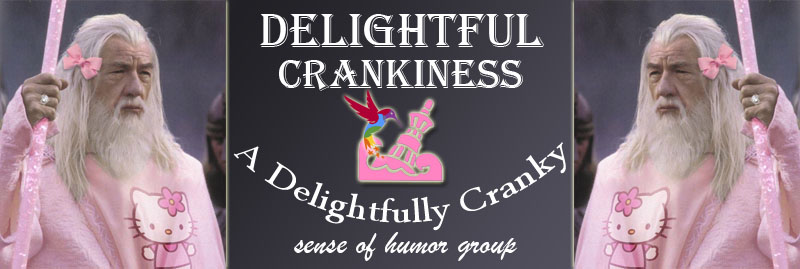"Boomsday"

I had already written about this subject before. It must have been about four months ago. Although on that occasion I focused more on the Japanese Kodokushi concept. But this time I will do it with another very similar concept. The concept of the Japanese legend and folk tale Ubasuteyama. And of which you will find two different excerpts here below:
«Excerpt One»
A long time ago, in a certain country, there was a feudal lord who issued a cruel edict. The edict said that those who had become old and could no longer work were useless and should be abandoned on the mountain. The people of the country trembled with fear and a dark shadow fell on the homes with elderly parents.
Among them, there was a young man who was a devoted son and loved his elderly father deeply. Although he was supposed to follow the feudal lord's edict and abandon his father on the mountain, he ultimately failed to do so. In his place, he hid his father under the floor of his house and continued to care for him secretly.
One day, the country faced a threat from a neighboring country. The king of the neighboring country presented several difficult challenges, threatening to declare war if they were not resolved. The feudal lord was desperate, but the young man, with the wisdom of his elderly father, managed to solve one after another the challenges posed by the neighboring country.
The king of the neighboring country thought that he could not attack a country with such wise people and decided to withdraw. Upon learning that the country had been saved, the feudal lord realized the value of the elders' wisdom and revoked the edict. The young man and his father were rewarded, and since then, the country began to value the elderly.
«Excerpt Two»
A long time ago, there was a sad custom in a certain village of abandoning elderly parents in the mountains. This is the story of the deep bonds between parents and children within that custom, the Ubasute type of folk tale of the broken branch.
In one family, there was an elderly father and his son. Following the laws of the town, the son, with a heavy heart, had to take his father to the mountain to abandon him. As he carried his father on his back up the mountain road, the son noticed that the old man was breaking small branches and letting them fall on the road. When the son asked why, the father replied: “So that you don't get lost when you return.” Despite being led to be abandoned, the father's priority was the safety of his son, which deeply moved the son. So, he made a decision. He wouldn't abandon his father on the mountain and took him back home.
To this day there are no clear official records confirming whether the practices and traditions narrated in this legend and folk tales are true or not. Nonetheless, the sole existence and presence of popular legends and place names derived from the practice of abandoning the elderly in a remote past suggests that it cannot be denied completely by any means the true existence of such a tradition given the ancient practices of reducing population and food shortages in a story that has been passed down by word of mouth from generation to generation since the Heian era.
Although there are no clear records about the legend of Ubasute and its credibility is mainly based on folklore. The mountain that served as a model for Ubasute is located in Nagano Prefecture. This mountain is Mount Kabuse, located between Chikuma City and Chikuhoku Village in Higashichikuma District. The reason why Mount Kabuse is known as “Ubasuteyama” is deeply related to ancient Japanese legends and culture.
But due to recent events and trends in Japan and which it's not only found in Japan, but also in China, Europe, Africa and many other places in the world nowadays. Going back to the question in the title of this post. Let me ask you one more time:
¿Is this our near fate worldwide?
Yeah, the documentary is entirely spoken in Spanish. Since I have chosen it especially for the attention of Spanish speakers. But if you don't speak or understand Spanish, you can always activate the subtitles in the playback bar and choose English or another language.
But if you're too lazy to activate or read subtitles to find out what the documentary or this post is about. Well, you can also «click» here to watch a slightly different version of this story although also pretty related to the main subject of this post. ¡Blessings!
«««-$-»»»
"Follows, Comments, Rehives & Upvotes will be highly appreciated"
